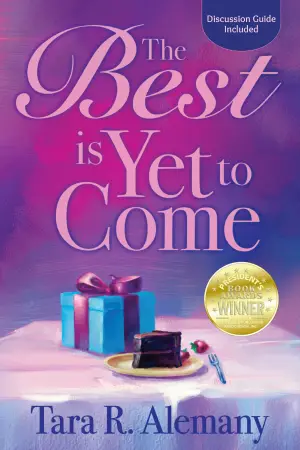I recently finished The 80/20 Principle by Richard Koch, intrigued by the promise of increasing effectiveness in life and work with less effort. As a fan of self-improvement and business strategy books, I found this title particularly interesting as it aims to dissect the Pareto Principle—an idea I’ve encountered but never truly explored in depth.
From the outset, Koch presents a compelling argument: that 80% of our results stem from just 20% of our efforts. This framework can be applied in every aspect of life, from business revenues to personal relationships. While the main concept isn’t entirely new, Koch’s practical application of it was enlightening. I appreciated how he broke down complex ideas into actionable steps, illustrating with real-world examples how focusing on the "magic 20%" can lead to significant improvements in effectiveness.
One of the highlights of the book is its emphasis on systematic application. Koch doesn’t just leave readers with surface-level insights; he challenges us to look closely at our tasks, relationships, and even workouts to identify that crucial 20% of efforts that yield the most benefit. I found this particularly applicable in my professional life, where I could easily identify tasks that provide substantial results versus those that consume time without meaningful payoffs.
However, the book isn’t without its drawbacks. Some reviews, like Emilio’s, pointed out that while the concept is indeed valuable, the writing tends to feel repetitive and bloated. I found myself nodding in agreement; at times, I felt the information could have been presented more succinctly. This slower pacing occasionally detracted from my engagement, making it easy to lose focus.
Another reviewer, C. Wallace, touched on an insightful point—I too reflected on how much of my life aligns with the 80/20 principle. It made me consider how my choices in various areas have long been influenced by the people and tasks that truly matter, validating Koch’s thesis in my own experiences.
Yet, despite these critiques, I found the positives far outweighed the negatives. Koch’s insights genuinely reshaped my thinking. His exploration of how the 80/20 principle also applies to personal happiness and fulfillment was inspiring. It encouraged me to reevaluate my relationships and prioritize those that add the most joy to my life. As Leigh Roberson noted in her review, this book indeed challenges long-held beliefs—mine included.
In conclusion, The 80/20 Principle is a thought-provoking read that holds promise for anyone looking to enhance their effectiveness in life and work. While the pacing may frustrate some, the actionable insights are worth the read. I wholeheartedly recommend this book to those ready to apply its lessons and perhaps, like Scott Dinsmore suggested, find hours added to their days and a bit more happiness in their lives. Overall, I’d rate this book a solid 4.5 out of 5 stars—definitely a must-read for anyone interested in personal development and efficiency!
Discover how to maximize your success with minimal effort in The 80/20 Principle, Third Edition. >>








